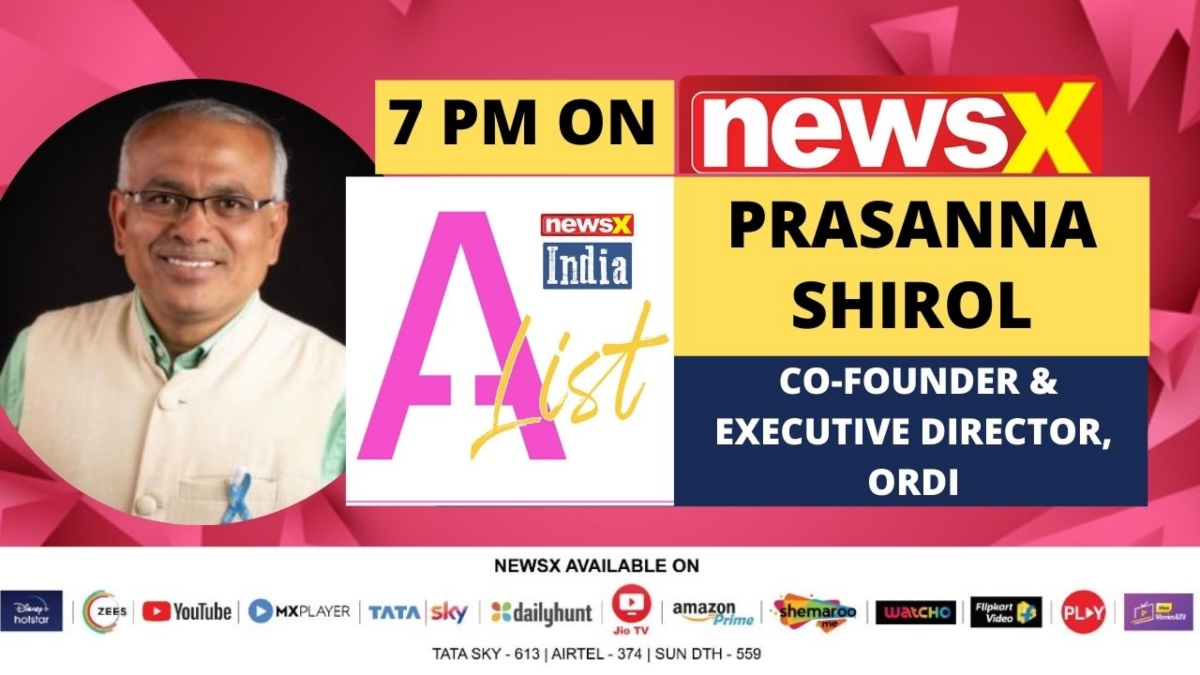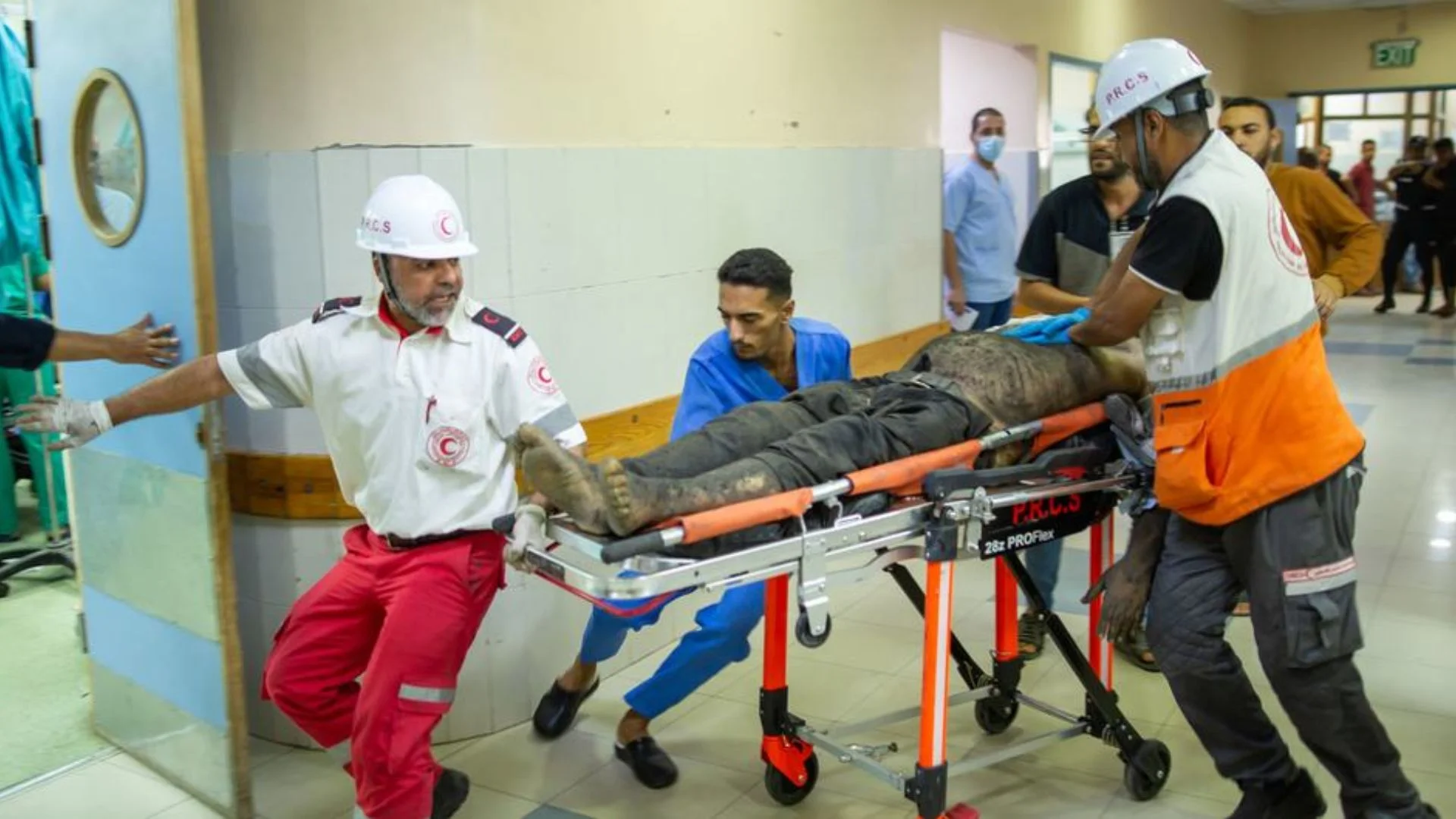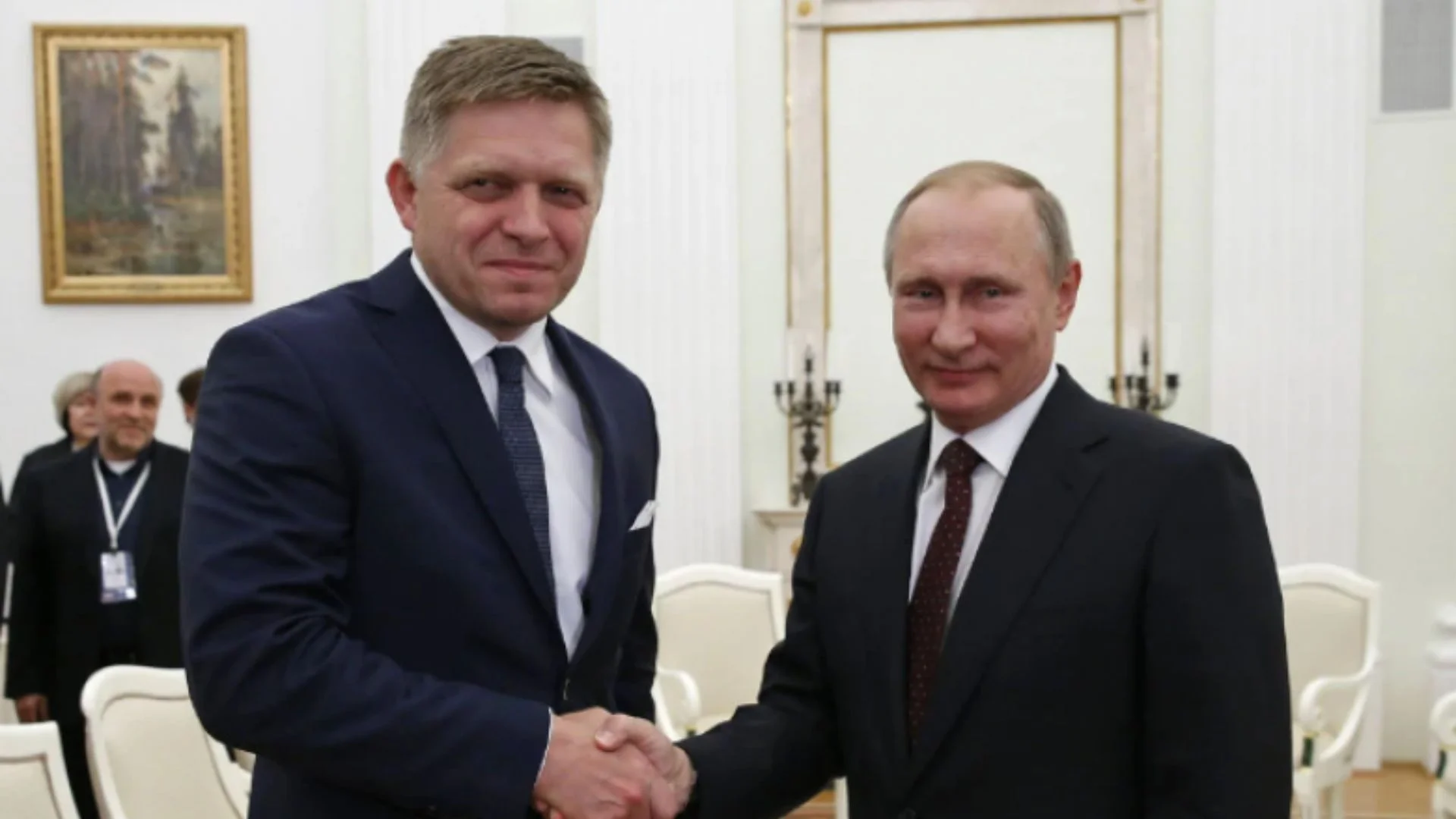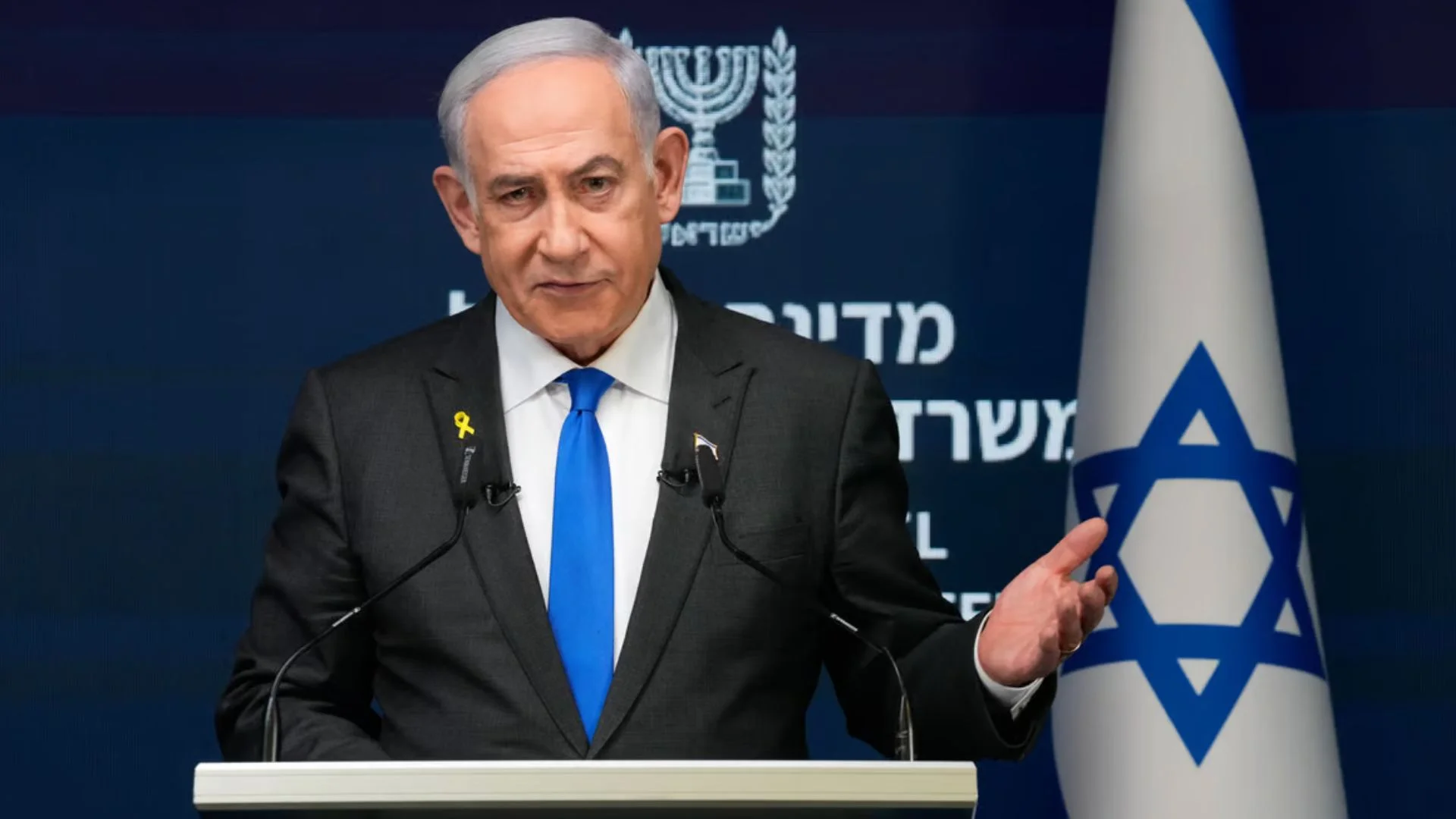Prasanna Shirol, Co-founder and Executive director of Organisation for Rare Disease in India (ORDI) recently joined NewsX for a conversation under its special segment, News X India A-List series. Mr Prasanna is one of the key pioneers in the field of health advocacy in India and the co-founder and ED of ORDI, a national umbrella organization representing the collective voice of all patients with rare diseases in India.
Mr Prasanna Shirol is committed to spreading national awareness about rare diseases in India and is a man with a perspective of leading healthcare and advocacy to a point where it can aware people of what these are and the way forward. He is the co-founder of ORDI- Organisation for Rare Disease in India which aims to function in the areas of awareness, advocacy, and patient support programs. He has been instrumental in the healthcare advocacy initiative for the past 11 years.
Sharing his own personal journey that urged him to start a foundation and give the people who are suffering from this disease a voice, he said “My 22-year-old daughter is India’s first Pompe patient which is a rare genetic and neuromuscular disease. It took us 7 years to diagnose this disease after roaming across 40-50 hospitals in India. She was admitted to the hospital when she was 7 years old until then she was a normal child going to school. After a few years, she got admitted into the hospital where she was put on ventilators. At that time, there was only 1 medicine that was available in the world i.e in the USA. We got connected to the International parents association and got the drug which was very costly. Once, when she was in college, the ventilator got switched off and she suffered a major cardiac arrest and went into a semi-coma.” He further added that how this entire experience that he himself lived and breathed made him ponder upon two significant questions- Firstly, what if the company stops making the only drug that there is for the treatment of these rare diseases and secondly what treatment facility does India have for people diagnosed with rare diseases?
The quest of finding the answers led him to set up ORDI and that’s when he decided to be the changemaker in healthcare advocacy. Talking about the primary challenges that we face today when it comes to rare diseases in India, he underlined that there is a lack of awareness in the general public about the disease. There are even certain stigmas around the disease that makes it impossible for people to understand and plan the way forward.
”There are several kinds of rare diseases where 80% of them are genetic out of this only 5% have FDA-approved treatment and needs to be managed. these diseases, unfortunately, are not recognized in India. we don’t know where do we fall in terms of healthcare. because there is no definition, there is no data of patients. when it comes to the treatment of these rare diseases, the cost range varies from one rupee per day to even 2 crores per day for gene therapy but we don’t have any support for any spectrum for the condition of patients suffering from this disease and we are losing lives day by day” he further added.
Throwing light on the multifaceted challenges and the de-stigmatisation of this disease he underlined that India does not have a proper healthcare policy for people with a rare disease and there is a dire need to bring out changes in the same. He further talked about annihilating the stigmas associated with the disease and urged people and especially parents to never lose hope and repent their child suffering from a rare genetic disease.







